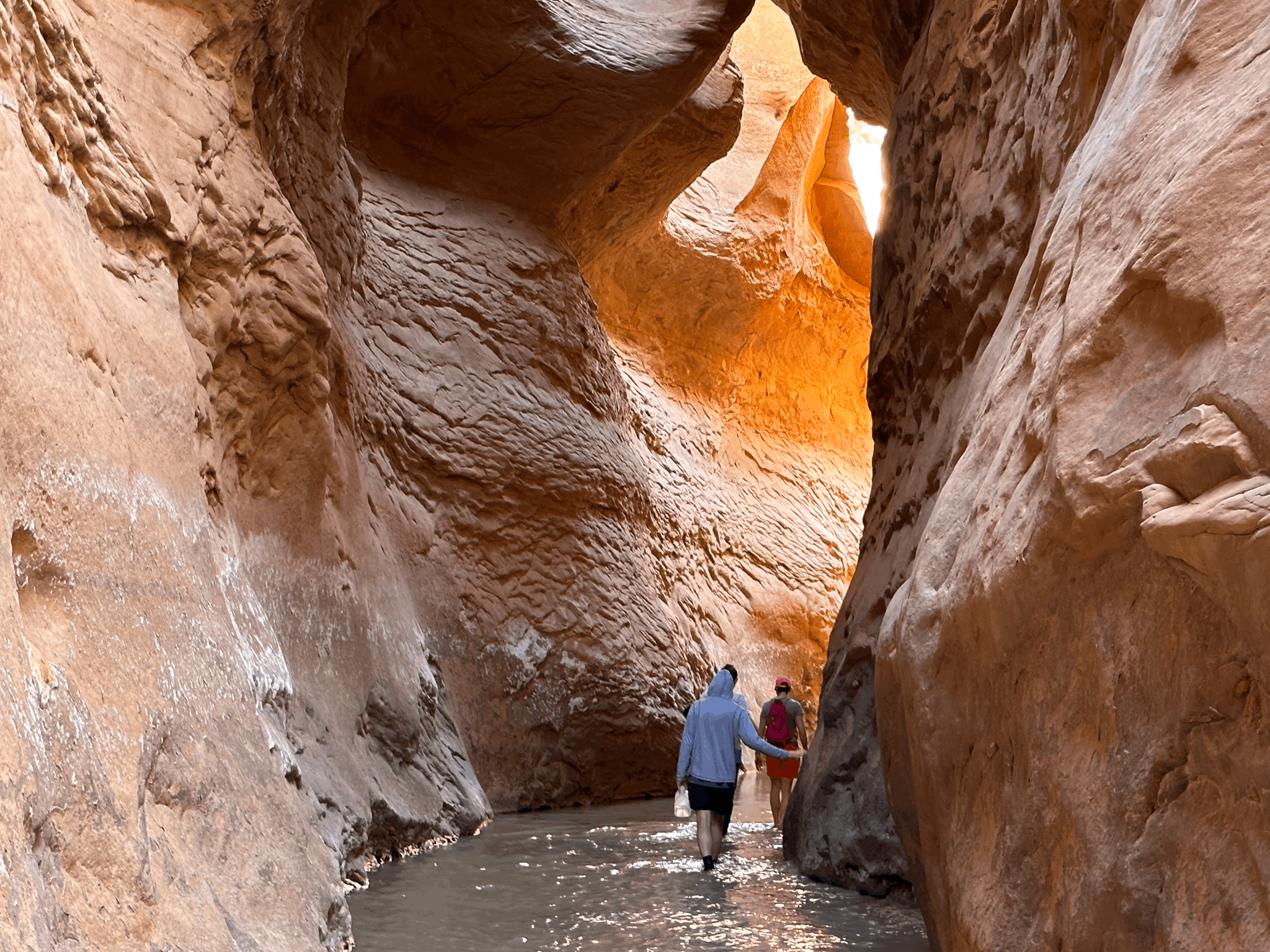PRACTICE TESTS WITH EXPLANATIONS
These are the subjects you need to know to certify or pass each exam. Each question has an explanation Some students use these questions as their primary study source, it is an excellent method to learn. Make sure to complete any test that you have started as it wont let you access the other tests if one is already in progress.
AWLS Practice Tests
NOTE: There will be 5 randomly selected questions related to practical skills on the AWLS Certification Exam. There are no practice test questions on practical skills. To study for these questions, you should watch the practical skills videos.


